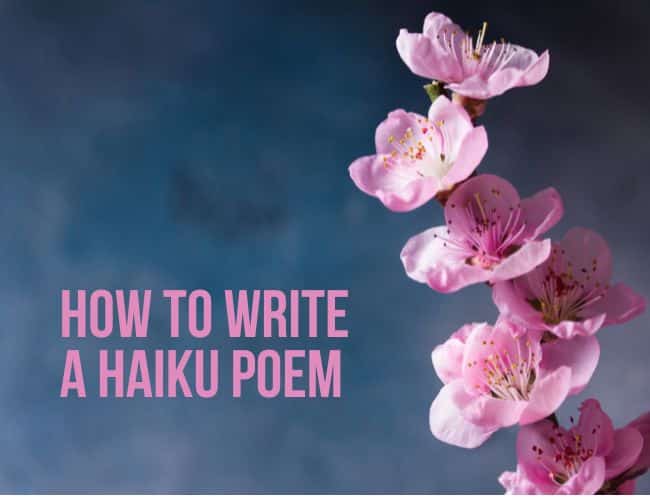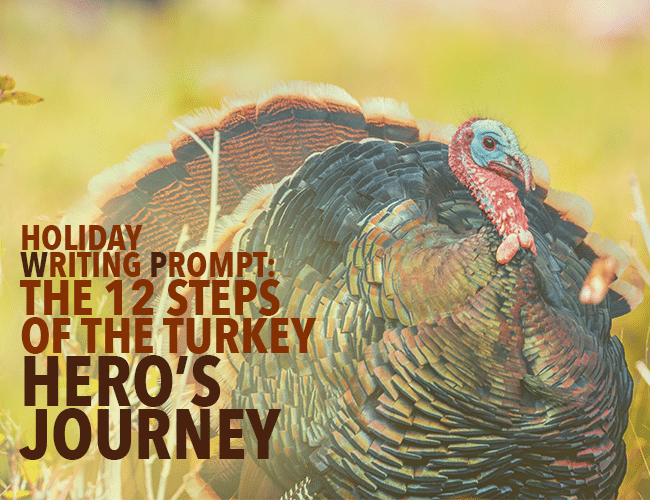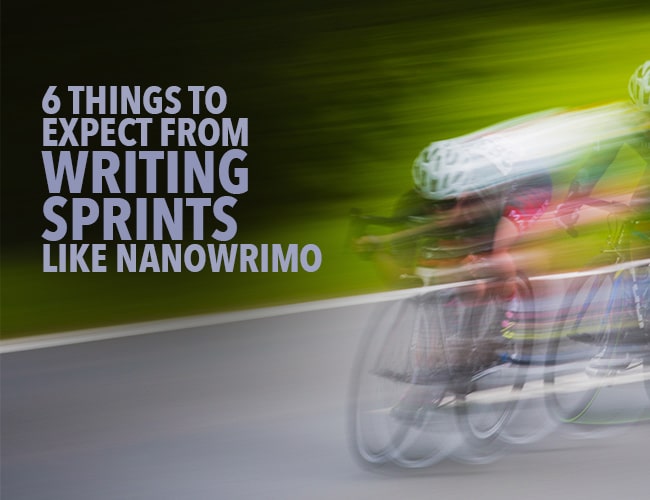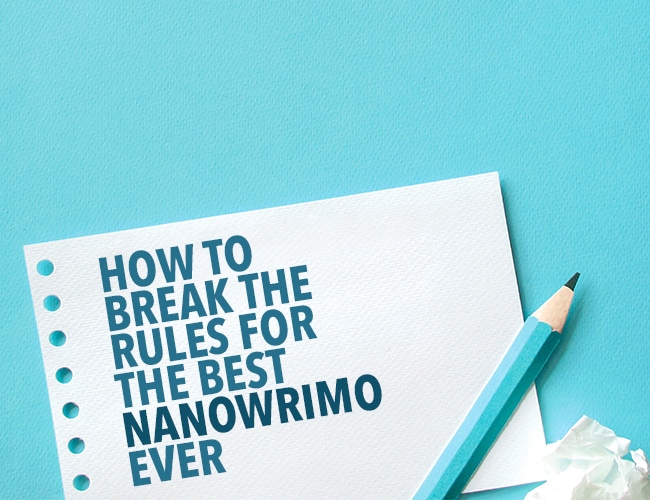
by Guest Blogger |
The use of AI has prompted a discussion about how we develop writing from story ideas to various types of content—even research papers.
But can AI help writers craft compelling stories?

by Pamela Fernuik |
Haiku are a type of traditional Japanese poetry. Only three lines long, haiku are fun to write and share. Let’s find out what a haiku poem is and what we need to write our own!

by David Safford |
I love Joseph Campbell’s monomyth theory. If you’re unfamiliar, it’s the idea that every hero, and hero’s journey, uses many of the same characters, symbols, and themes.
So in honor of Thanksgiving, let’s write a story with the Noble Gobbler in the role of the hero, or Pro-turk-onist!

by Joe Bunting |
If you’re reading this, then you want to be a better writer. However, becoming a better writer is elusive, isn’t it? It’s more art than science. There are hundreds of writing rules, thousands of words to know, and millions of possible ways you could write even a simple message.
How do you become a better writer when writing itself is so complicated?

by Jeff Elkins |
Participating in sprints like NaNoWriMo has taught me what I need to do in order to push through discouragement, how to motivate myself to sit my butt in the chair and write, and what things are most likely to distract me from the work of writing.
Having appropriate expectations when it comes to writing sprints like NaNoWriMo are equally important. Sprints can be wonderful teachers; but it’s important to understand what we should expect from them.

by Sue Weems |
Across the world this week, writers began spinning stories and obsessively checking their word counts, all in pursuit of that magic number: 50,000 words. Every year, I tell myself I don’t have time to do NaNoWriMo, and every year, I end up participating anyway.
But a couple years ago, I decided to break the rules and I had the best NaNoWriMo month ever. Maybe you need to break some rules yourself to redefine your writing this month.








